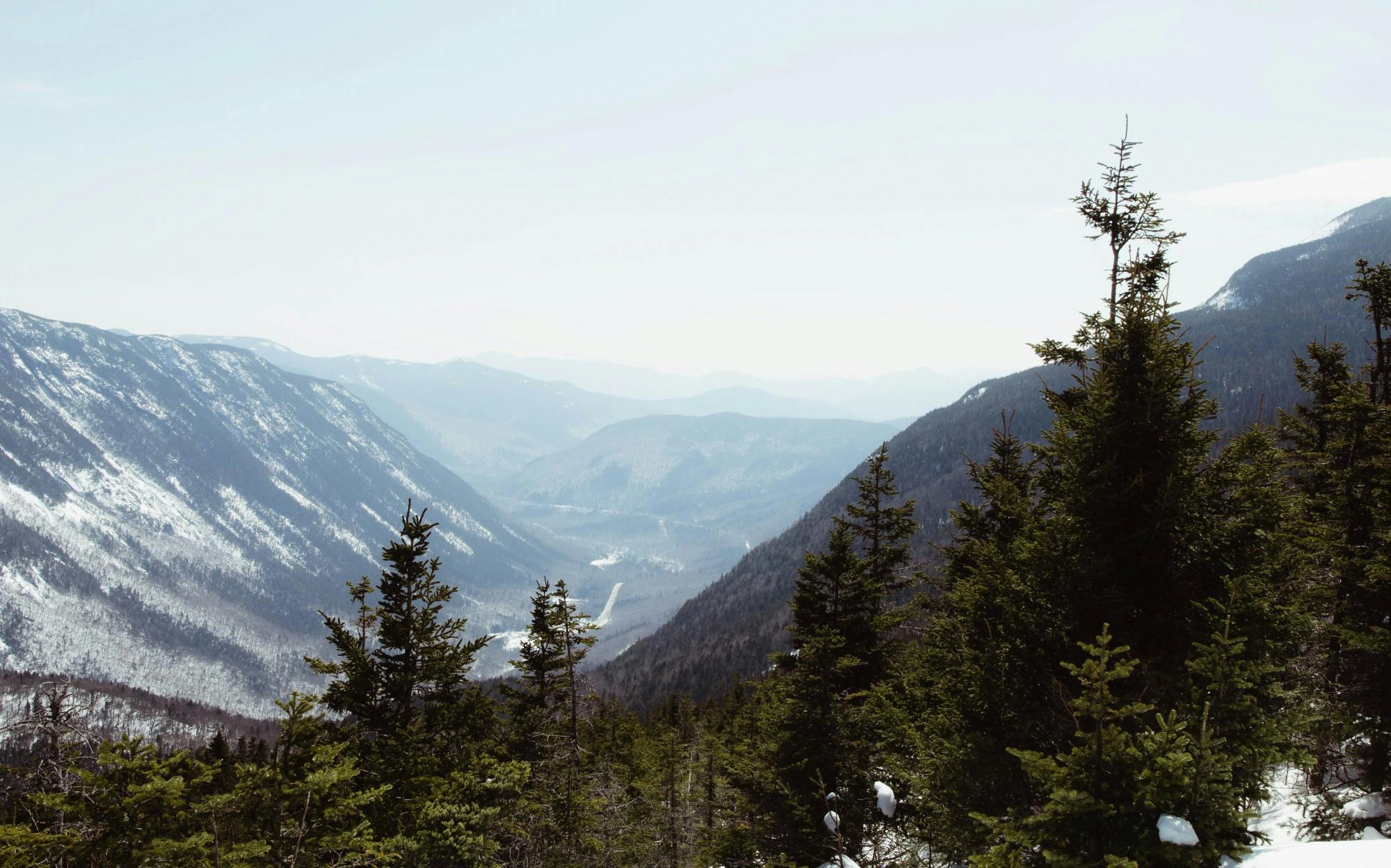Over spring break, College-sponsored programs allowed students to embark on academic and cultural excursions around the world. These trips, designed through various institutes and centers on campus, provided the opportunity for students to dive into their interests outside of a traditional campus setting.
Alex Campbell ’26 participated in the Appalachia Energy Immersion Trip offered through the Sustainability Office and Irving Institute for Energy and Society. While traveling through West Virginia, Kentucky and Pennsylvania over the course of ten days, students had the opportunity to dive into the history and legacy of coal extraction. From visiting an active fracking site to preparing for Q&A sessions with advocacy groups and political leaders, their time spent in Appalachia allowed them to fully explore this controversial source of energy.
“I really care about the environment, and I’ve wanted to pursue [learning] opportunities outside of my coursework,” Campbell, a prospective English and theatre double major, explained. “The Sustainability Office hosts many fun events throughout the term that I’ve attended and made acquaintances through. That’s how I became interested in [attending] the trip.”
Ramina Askarova ’26, who went on the Social Entrepreneurship and Sustainability Trip with the Magnuson Center, had a similar motivation for attending a College-sponsored break trip. As an international student from Kazakhstan, she didn’t have time to return home for spring break. Without another viable option, Askarova decided to take advantage of the Magnuson Center’s program, which brought students to Mexico to explore local social entrepreneurship.
“I was not really engaged with social entrepreneurship here at Dartmouth, [but] I had some experience with entrepreneurship in my hometown… with a girls [empowerment] foundation called Girls Power,” she said. “I wanted to compare how social entrepreneurship differs in Mexico, the US and Kazakhstan.”
During her trip, Askarova enjoyed visiting a number of nonprofit organizations, small businesses and even a microfinance bank during her time in Mexico City. She described these meetings as “insightful,” as everyone she encountered was committed to working towards the “common good.” Askarova added that the most impactful part of the trip for her was the opportunity to learn about the sustainability practices and culture of Mexico’s indigenous people, a completely new topic for her.
“It was a life-changing experience because we actually spent time in these sacred spaces,” Askarova said, referring to the spiritual sites she and other students visited. “We were there to practice gratefulness for the four elements and Mother Earth. [It] was the most humanistic and communal experience [of] my life.”
Askarova added that she felt that the time she spent in Mexico allowed her to make meaningful connections with her fellow travelers.
Margaret Frazier ’25, member of the Dartmouth College Wind Ensemble, also formed deeper connections with her peerson tour with the ensemble in Mexico City as a part of the Hopkins Center’s Mexican Repertoire Initiative. As part of the program, the ensemble performed with the CECAMBA Banda Sinfónica and the Banda Sinfónica FaM UNAM. On the trip, the Wind Ensemble served as cultural ambassadors by playing for members of the US and Mexico Embassies, and they also performed newly-written pieces to an audience that included the music's composers.
“Playing with [CECAMBA] in Puebla was interesting because we hadn’t rehearsed with them, so it was cool putting it all together that day,” Frazier said. “And then we rehearsed with [FaM UNAM] all week, and we definitely started getting close with them.”
Frazier, who speaks Spanish, explained how even non-Spanish speakers were able to form relationships with members of the other bands using tools like Google Translate.
“We made it work, even through a language barrier,” she said.
Spending time doing group activities or activities with other musical groups comprised a large portion of the trip, though most group bonding occurred during concert rehearsals. According to Frazier, having a packed rehearsal schedule made her break feel more busy than relaxing at times. Yet, Frazier said the trip didn’t feel like work at all — and breaks between rehearsals allowed students to explore Mexico City in a fun way.
“[During a break], we went to this little artisan market, [where] I spent way too much money because everything there was so beautiful,” she said. “I wanted to buy everything I saw.”
Campbell recalled one of his favorite memories from the trip.
“We [even] had the opportunity to stay on the property of a man in charge of the watershed association, which takes care of the mines and water pollution in the area,” he said. “On our last day visiting, they held a cookout and we got to speak to a ton of different community members, hear different perspectives and eat a lot of good food.”
If there’s anything to be learned from these student testimonies, a college-sponsored trip may be an exciting opportunity to consider. Next year, step out of your comfort zone and consider giving one a try — it may be life-changing.
Correction appended (April 5, 2:24 p.m.): A previous version of this article contained an inaccuracy relating to the Dartmouth Wind Ensemble's itinerary in Mexico City.




